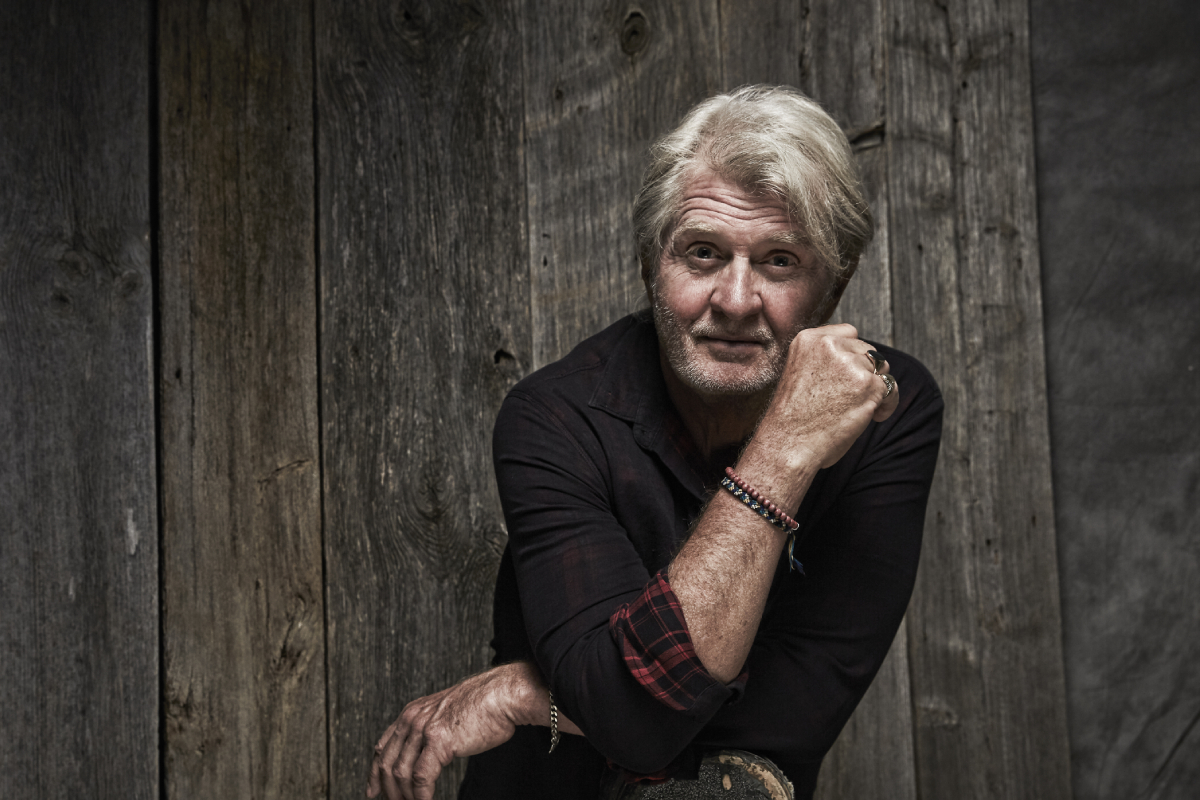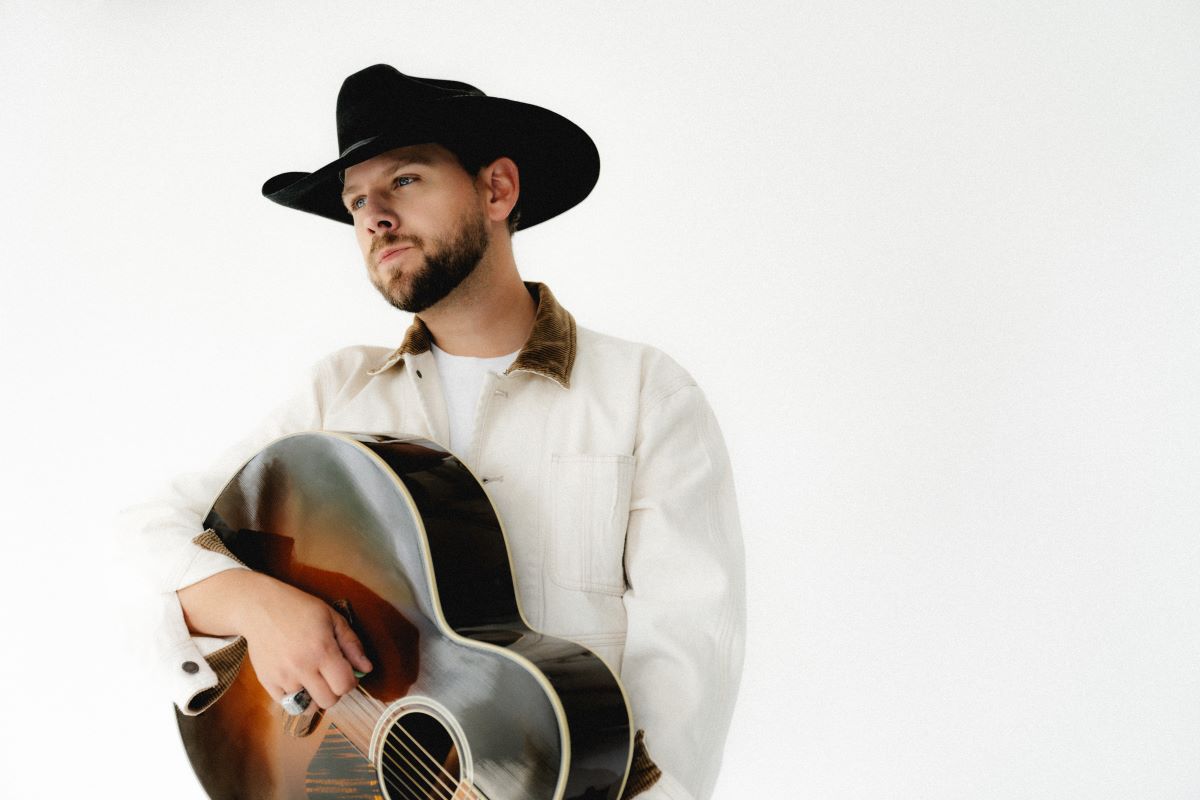As 2019 came to a close, it was a year Tom Cochrane had already performed a string of shows to tens of thousands of people, and released two albums (Revisited, and Bare). But like with everything else in this mad, mad world, in just a few months things changed dramatically. 2020 meant the cancellation of nearly thirty shows, the longest stretch he’s had in decades without a live concert.
But that didn’t mean the lockdown had locked down his songwriting. He’s been hard at work penning new material, being one of the few rock acts of his generation still churning out the tunes.
For the uninitiated, Cochrane has released 20 albums since 1974, solo or with the Red Rider band. The hits, including Ocean Blues, Boy Inside the Man, Big League, Lunatic Fringe, and others, have sealed his status as a rock icon.
In a bold launch to his solo efforts, the 1991 single Life Is a Highway soared in the charts, and together with its Mad Mad World album, sold six million units worldwide. Thirty years later, the rock anthem still gets regular rotation on the radio, and in recent years, tens of millions of clicks on streaming video.
Songs of his have been featured in television episodes of The Office, Miami Vice, Baywatch, Melrose Place, and in the films Bill and Ted’s Excellent Adventure, and Disney’s Cars.
Over the course of his career, he’s shared the stage with Rush, Bruce Springsteen, Beach Boys and other recognizable names.
Honoured numerous times for his contributions to popular music, he’s won eight Juno Awards, received a Grammy nomination, and was appointed both member of the Canadian Music Hall of Fame, and Officer of the Order of Canada, among other accolades.
The Edge, A Leader’s Magazine caught up with Cochrane to discuss the business of show business, and how he’s managed to keep going after nearly fifty years in the music industry.
To what do you attribute your longevity, with nearly fifty years as a recording artist?
We just always put such a strong focus on the work, and on the music, and the reward of being able to make a living at it, and just uplifting people.
People come to you, and they say, “that song changed my life,” or “it got me through some really tough times.” And that stuff means the world to me. That’s really what it’s about. That’s what kind of shakes the tree, and makes songs fall out of the tree.
How do you keep performances fresh when you’ve performed songs hundreds of times?
They always feel fresh to me. I love playing stuff acoustically. I do a lot of acoustic shows. I’ll tell you the albums very cherished would be The Symphony Sessions and Songs of A Circling Spirit; a lot of those songs were recorded live, on that acoustic tour.
I love breaking the songs down, and doing them acoustically, and that way the songs change all the time. That’s a big part of keeping it fresh too. It’s just changing up instruments, sometimes changing the approach.
Can you comment on how to keep sane in a tough industry?
I’m just always amazed the ugly parts seem to happen to so many bands.
It always amazes me, just how a lot of cases people have shared interests, and they start out playing together in a basement, or garage. And inevitably, so many bands let the trials and tribulations in the storm of touring, the business, and so on, tear them apart.
There’s few bands that survive the rigors of touring, celebrity, and fame without having a breakdown. The ones that do survive, probably got along pretty good, from what I understand, like Rush, U2, and AC/DC.
There’s a lot of pitfalls in this state. And I’m amazed that I got through a lot of it without too many bruises. But it does absorb you. It does kind of put a lot of pressure on your domestic life. And very few survive it really intact that way. It’s very hard.
But it’s what I’ve done for years, the touring and being in the studio, and making records.
“Rock star Tom Cochrane” – you hear that, and what do you think?
Ah, I get a smile on my face. I used to hate the term, like always in written interviews or articles, “Rocker Tom Cochrane.” And I always found that offensive, because it was just a label they would stick on it.
I’d like to think my music has a little more depth than that. But because I am a rocker, I do like that side of it. I also like the acoustic side. I came out of that folk scene. I played a lot of those folk clubs.
The folk tradition of telling stories and songs has always been very important to me, and dear to my soul. And that’s how I see myself more. I see myself more as a singer-songwriter, first and foremost. That’s my stock and trade. That’s how I started. I’m a storyteller.
Tom Cochrane’s secret to success is ….
My secret to success is probably being stubborn.
(The secret is) I didn’t really sound like anybody else. And so I think that’s a big part of it. You got to have your own identity; you got to have your own signature. I got my own signature. I got my own voice.
Dave Gordon | Contributing Writer




















